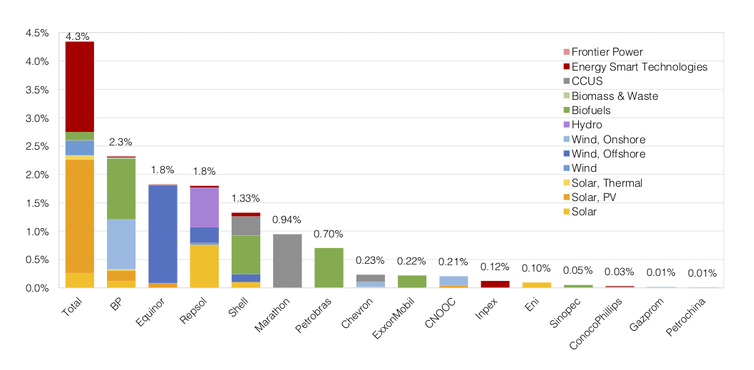Transmission charges are paid when transporting electricity from where it is made to where it is used.
This is quite normal, and it is the way that the power grid has worked for centuries. This will become ever more important, as the distance between generation and consumption of electricity increases.
Why is this distance increasing? When you build a coal or gas powered power station, it does not need anything in particular to be able to make power. So long as it has a ready supply of what ever it uses to power its generators, electricity continues to flow.
Renewables are different. Wind turbines need to be erected in places where there is a lot of wind – this is why the UK has built so many off the coast. Solar power is generally either placed on large roofs (factories and such) or out in fields. We need to have more roofs filled and fewer fields – It would be possible to power all the UK power needs if all rooftops were covered, but that is a different subject). Fields are generally expensive near cities and cheap far away.
This is where the problem arises. The UK is capable of generating more than enough power for the British population. However, if electricity generated in Netherlands France and Germany are all let off transmission charges – as they currently are, but our own power generation has to pay it, this is the equivalent of giving all foreign electricity a significant discount. This is obviously insane, as it means that we discourage our own power generation, at a time where we should be investing billions in green power generation.
Analysis shows that on average EU power firms pay 48p per megawatt hour in the transmission system. In Scotland the average is £6.42 – more than 13 times the price. In the windiest parts of Scotland it is £736 per MWH
OFGEM needs to bring in rules that encourage the UK net zero target. This must happen fast. Without, we are likely to end up not building the tens of thousands of wind turbines necessary as it will cost more to export than it is worth.
Right now, we are essentially subsidizing imports and heavily taxing domestic power. This is a quick way for the government to kill off this entire industry.












